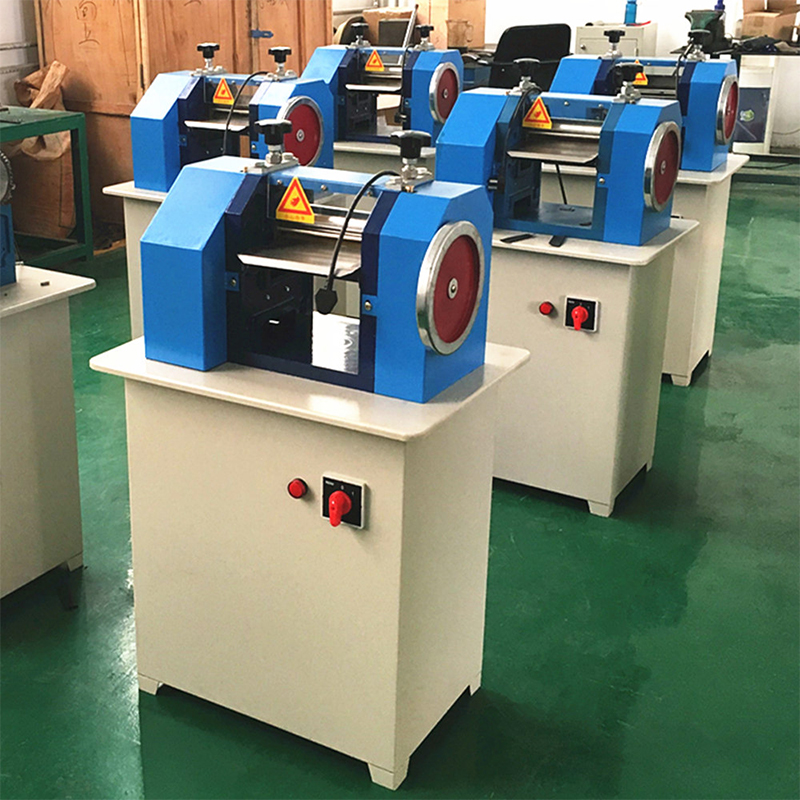Customizable Flexible Cable Bending Tester for Enhanced Durability Testing and Performance Evaluation
Custom Flexible Cable Flexing Tester Ensuring Quality and Durability in Cable Design
In today’s technologically advanced world, flexible cables are integral components in a myriad of applications, ranging from consumer electronics to industrial machinery. The performance and reliability of these cables are critical, as they often endure repeated flexing and bending during operation. This is where the custom flexible cable flexing tester comes into play, serving as a vital tool for manufacturers and engineers in assessing the durability and resilience of flexible cables.
Understanding Flexible Cable Testing
Flexible cables are designed to withstand bending and twisting without losing functionality. However, over time and with continuous use, these cables can experience wear and tear, leading to possible failures. To prevent such issues, rigorous testing is necessary. A custom flexible cable flexing tester simulates the actual conditions under which cables operate.
These testers are designed to replicate the mechanical stresses that cables undergo in real-world scenarios, providing valuable data on their performance. By employing a comprehensive testing methodology, manufacturers can identify weak points in their designs, assess material integrity, and ensure compliance with industry standards.
Key Features of Custom Flexing Testers
1. Customizable Testing Parameters One of the most significant advantages of a custom flexible cable flexing tester is the ability to tailor testing parameters according to specific cable types and applications. Engineers can set variables such as bend radius, cycle count, and flexing angle, ensuring the tests reflect actual usage conditions. This adaptability is crucial for manufacturers looking to optimize their cables for unique applications.
2. Real-Time Data Collection Modern flexing testers are equipped with advanced sensors and data logging capabilities. They can capture real-time information about the cable’s performance during tests, allowing engineers to analyze data on parameters like voltage drop, insulation resistance, and mechanical failures. This information is invaluable for making informed design improvements.
3. Durability and Reliability Testing The primary purpose of a flexing tester is to evaluate the durability of cables. By subjecting cables to an extensive number of flexing cycles, manufacturers can determine their lifespan and reliability. This capability is particularly essential in industries such as automotive, aerospace, and robotics, where cable failures can lead to significant operational disruptions and safety hazards.
custom flexible cable flexing tester

4. Protocol Compliance Different industries have specific standards and regulations regarding cable performance. Custom flexible cable flexing testers can be designed to meet these compliance standards, ensuring that the cables produced are not only functional but also legally permissible for use in their respective fields.
Benefits of Using Custom Flexible Cable Flexing Testers
1. Enhanced Product Reliability By rigorously testing cables before they hit the market, manufacturers can significantly reduce the risk of failures, enhancing overall product reliability. This results in fewer returns, reduced warranty costs, and increased customer satisfaction.
2. Quality Assurance Consistent testing helps ensure that all products meet the required quality standards. A robust quality assurance program, bolstered by the use of a flexible cable flexing tester, builds trust with consumers and clients alike.
3. Cost-Effectiveness While investing in custom testing equipment represents an upfront cost, the long-term savings can be substantial. By identifying and addressing potential issues during the design phase, manufacturers can avoid costly recalls and repairs that can arise from faulty products.
4. Innovation in Design Real-time testing data can provide insights into how cable designs can be improved. This not only helps in enhancing current products but also stimulates innovation in developing more advanced flexible cables tailored to evolving technological demands.
Conclusion
The custom flexible cable flexing tester is an essential tool in the cable manufacturing industry, providing the means to ensure that products meet the rigorous demands of modern applications. As technology continues to advance, so too will the need for reliable, durable cables capable of withstanding the test of time. Implementing a rigorous testing regime with flexible cable flexing testers will ultimately lead to better products and increased confidence in the reliability of flexible cabling solutions.
-
Why the Conductor Resistance Constant Temperature Measurement Machine Redefines Precision
NewsJun.20,2025
-
Reliable Testing Starts Here: Why the High Insulation Resistance Measuring Instrument Is a Must-Have
NewsJun.20,2025
-
Flexible Cable Flexing Test Equipment: The Precision Standard for Cable Durability and Performance Testing
NewsJun.20,2025
-
Digital Measurement Projector: Precision Visualization for Modern Manufacturing
NewsJun.20,2025
-
Computer Control Electronic Tensile Tester: Precision and Power for the Modern Metal Industry
NewsJun.20,2025
-
Cable Spark Tester: Your Ultimate Insulation Assurance for Wire and Cable Testing
NewsJun.20,2025
 Copyright © 2025 Hebei Fangyuan Instrument & Equipment Co.,Ltd. All Rights Reserved. Sitemap | Privacy Policy
Copyright © 2025 Hebei Fangyuan Instrument & Equipment Co.,Ltd. All Rights Reserved. Sitemap | Privacy Policy
